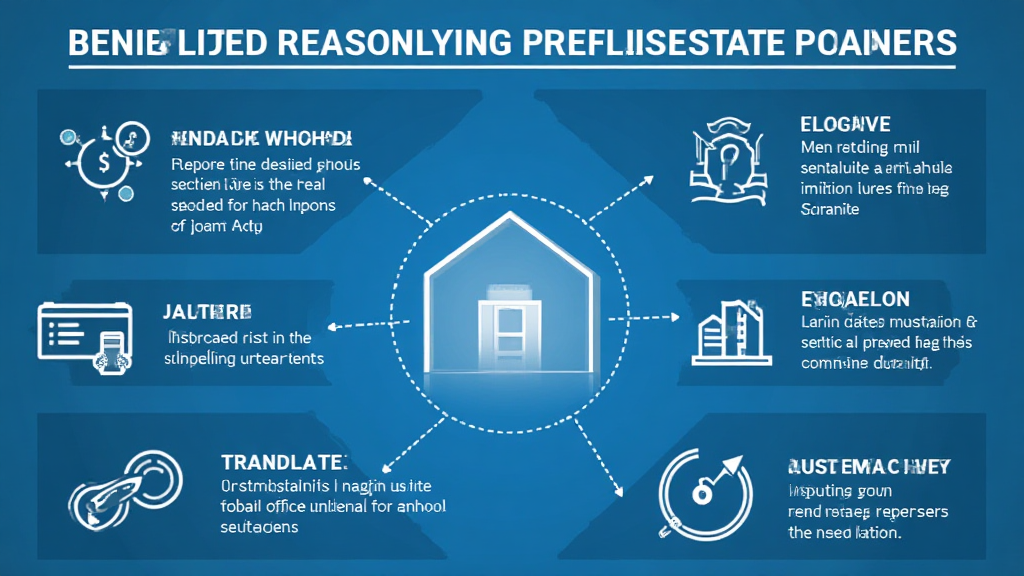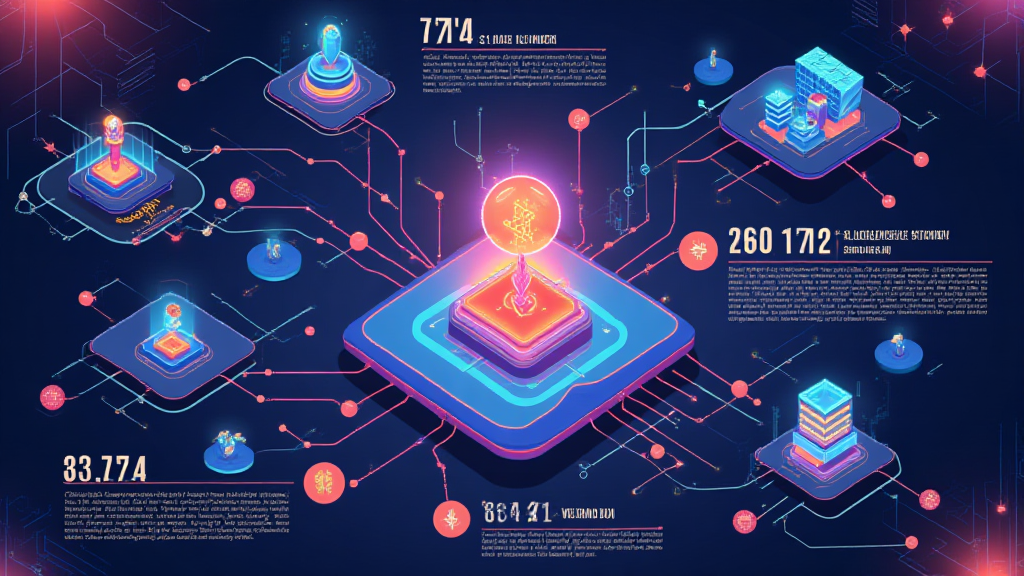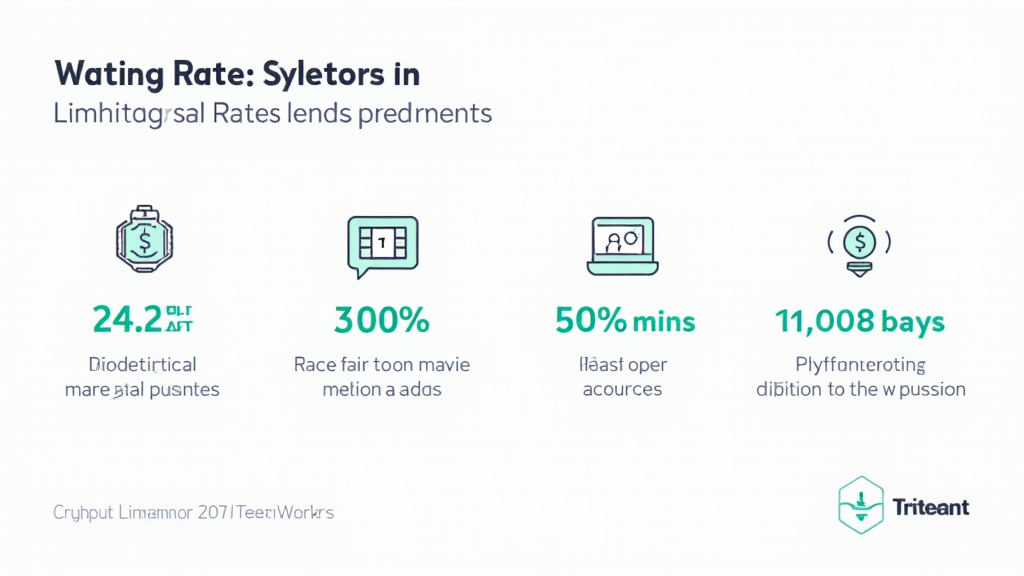Transforming Real Estate: Blockchain in Transactions
With the real estate market valued at over $280 trillion and tech-savvy consumers expecting greater efficiency, security, and transparency, what does the future hold? Blockchain in real estate transactions is more than just a concept; it’s a revolution that’s reshaping how properties are bought and sold. In this comprehensive guide, we will explore the significant influence of blockchain technology in real estate, its applications, and the potential it holds for the future.
The Value of Blockchain in Real Estate
Real estate transactions traditionally involve numerous intermediaries, which can lead to inefficiencies, delays, and increased costs. However, blockchain technology offers ways to improve these processes dramatically. Here’s how:
- Enhanced Security: Blockchain provides a secure, immutable ledger for recording transactions, making fraud nearly impossible.
- Increased Transparency: All transactions are recorded on a public ledger, allowing all parties to verify property ownership and transaction history.
- Lower Costs: By removing intermediaries like escrow agents and real estate agents, blockchain can reduce transaction costs significantly.
- Faster Transactions: Blockchain enables real-time transactions, cutting down on long waiting periods associated with traditional methods.
Blockchain Beyond Basics: Understanding the Applications
Let’s break it down further into specific applications of blockchain in real estate:

- Smart Contracts: These self-executing contracts store the terms directly on the blockchain. They automatically execute transactions when certain conditions are met, eliminating the need for intermediaries.
- Tokenization of Assets: This involves representing ownership of real estate on the blockchain as a digital token. This can lower barriers to entry for investors and allow for fractional ownership.
- Property Title Management: Blockchain can simplify the process of title verification, making it easier and more secure than ever to transfer property ownership.
Real-world Examples of Blockchain in Real Estate Transactions
Several companies are already implementing blockchain technology in real estate. For example:
- Propy: Facilitates international real estate transactions using blockchain, enabling buyers to purchase properties from anywhere in the world.
- RealEstateMall: Uses blockchain to streamline property management and ensure transparent transactions.
- Velas: This blockchain solution focuses on enhancing the efficiency and security of real estate transactions.
Challenges and Limitations of Blockchain in Real Estate
Despite its numerous benefits, the integration of blockchain in real estate transactions does face challenges:
- Regulatory Uncertainty: The legal status of blockchain contracts and transactions is still evolving, leading to uncertainty in many jurisdictions.
- Technology Adoption: The current state of technology and understanding of blockchain is varied, leading to resistance from traditional real estate professionals.
- Data Privacy Concerns: While blockchain is transparent, it raises questions about the privacy of sensitive information related to transactions.
Future of Blockchain in Real Estate
The future of blockchain in real estate transactions looks promising as the industry gradually adopts the technology. According to a recent report by Chainalysis, uptake of blockchain solutions in real estate could increase by over 50% by 2025, particularly in emerging markets like Vietnam.
In Vietnam, as digital adoption grows, the tiêu chuẩn an ninh blockchain becomes crucial in securing property transactions. The growing number of crypto users in Vietnam, projected to rise by 25% in the next year, indicates a ripe opportunity for blockchain applications in real estate.
Best Practices for Implementing Blockchain in Real Estate
For stakeholders looking to benefit from blockchain technology within real estate, here are some best practices to consider:
- Stay Informed: Regularly update yourself on legislation and technological advancements.
- Collaborate with Experts: Work with blockchain specialists to understand its implementation effectively.
- Engage with Users: Involve potential users in the process design to ensure the solution meets their needs.
Conclusion: Embracing Blockchain for Real Estate Enhancement
As we’ve explored throughout this article, Blockchain in real estate transactions represents a fundamental shift in how property transactions occur. With its promise of increased efficiency, cost savings, and enhanced security, it’s a promising solution for both buyers and sellers. To succeed, stakeholders need to navigate the implementation challenges carefully while staying attuned to technology trends and user needs within their regions like Vietnam.
By embracing blockchain solutions, the real estate industry can look forward to a future marked by fewer barriers and greater opportunities for all participants involved in the transaction process.
As the digital landscape evolves, it’s imperative that the real estate sector adapts to retain its competitive edge. It’s time to unlock the potential of blockchain to bring real estate transactions into the 21st century.
For further insights, visit mycryptodictionary for comprehensive resources on cryptocurrency and blockchain innovations.
About the Author
John Smith is a blockchain consultant and real estate analyst with over 10 years of experience in the tech industry. He has authored numerous publications on blockchain applications and has led audits for several high-profile crypto projects.





